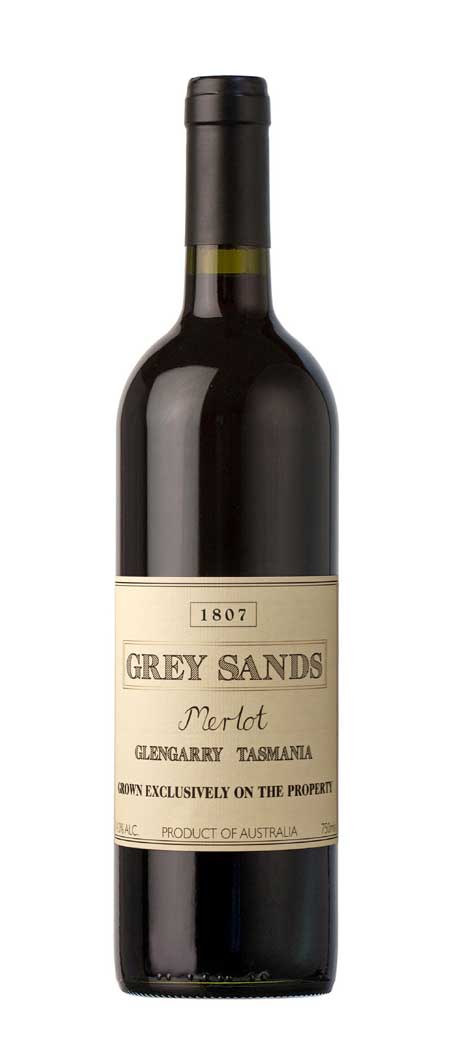 Occasionally for me, a few stories in the media coalesce to form a new idea that triggers my need to comment. I was reading the Wine Business Magazine that featured some new trendy labels that now copy the Uber hipster labels used by the ever growing small beer brewers. Then later I was reading about Robert Parker’s influence on the ‘Garagiste’ movement in Bordeaux, and finally, I was listening to a piece on ABC Radio National which explored the future dilemma of distinguishing ‘authentic’ versus ‘deep fake’ information. This last piece was frightening as it forecast the ability to use artificial intelligence and machine learning to morph one individual into another of your choosing, seamlessly, and there is no ‘digital watermarking’ available to protect authentic photos or video. If the internet is flooded with fake material in the future that can’t be authenticated, what then is real?
Occasionally for me, a few stories in the media coalesce to form a new idea that triggers my need to comment. I was reading the Wine Business Magazine that featured some new trendy labels that now copy the Uber hipster labels used by the ever growing small beer brewers. Then later I was reading about Robert Parker’s influence on the ‘Garagiste’ movement in Bordeaux, and finally, I was listening to a piece on ABC Radio National which explored the future dilemma of distinguishing ‘authentic’ versus ‘deep fake’ information. This last piece was frightening as it forecast the ability to use artificial intelligence and machine learning to morph one individual into another of your choosing, seamlessly, and there is no ‘digital watermarking’ available to protect authentic photos or video. If the internet is flooded with fake material in the future that can’t be authenticated, what then is real?
So what has this to do with wine?
I have already spoken about authenticity in wine and linked it to a sense of place in relation to the corporate world of winemaking. But now there is a second ‘front’ which challenges the traditional view of the intrinsic value of wine. Australia has had a ‘cult of the winemaker’ for many decades (like many New World wine producers) which flourished at a time when new regions and sites were only just being explored and wine makers with science qualifications were few in number. Today there is an army of qualified winemakers which is creating an ever expanding forest of new labels.
An oversupply of grapes in many regions feeds this production. To market these new wines, catchy labelling and packaging is required and the craft beer industry leads the way in this regard. The only difference being is that beer has never had a sense of place with its various components derived from diverse producers and regions. Its production is not vintage dependent, i.e not seasonal nor tied to a year of production like wine. Marketing beer has its unique challenges.
Both the corporate wine producers and the growing ‘hipster labels’ have a strong interest in avoiding the all-important detail of the origin of the grapes that were used to produce their wine, because they had no input into the creation of the raw material, neither technically nor emotionally

